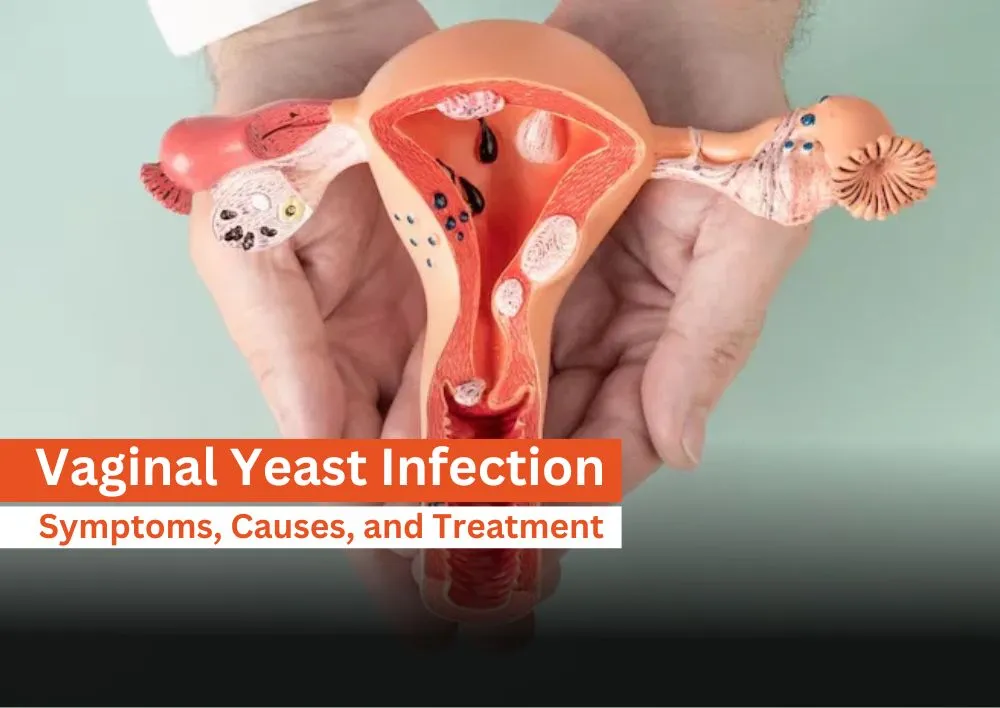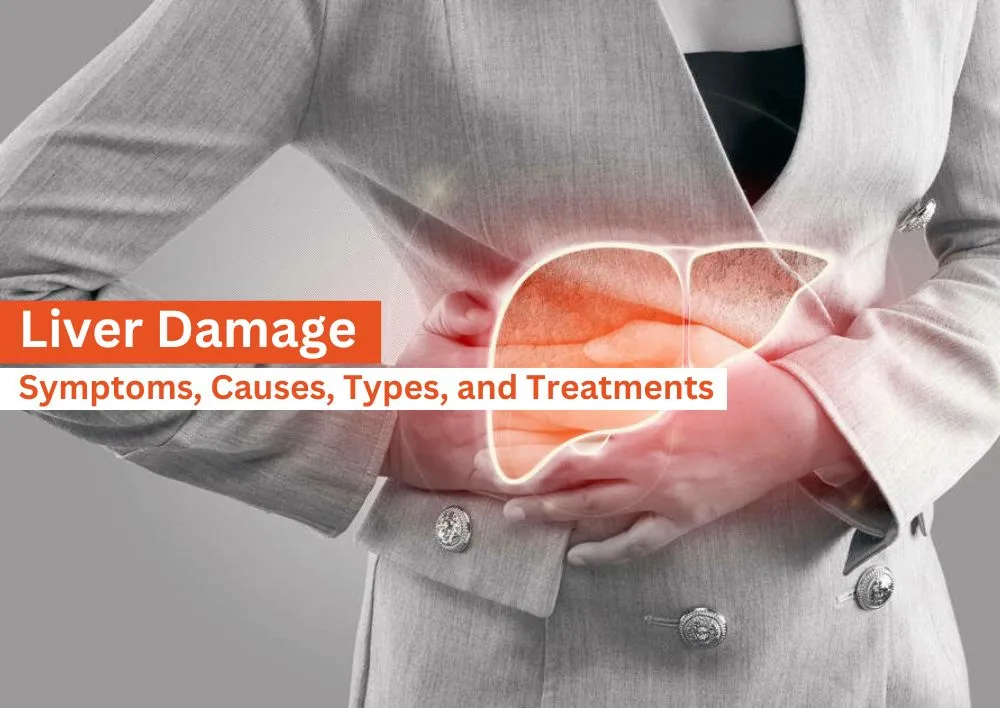Labor Pain Symptoms Indicating When to Go to the Hospital
"Is it time?!" is the question every mom-to-be asks as the due date draws near. The expectation of meeting your little one is exciting, but it can also leave many first-time moms especially wondering: “How will I know when I’m actually in labor?”. Labor doesn’t always begin with surprising signs like in the movies, so how do you know when it’s time to go? In this blog post, we will discuss the labor pain symptoms and help you understand when to pack your bag and head to the hospital.
What Are Labor Pains?
According to the best Gynaecologist in Gurgaon at Miracles Apollo Cradle, Labor pains (contractions) are the body’s signaling that your baby is ready to be born. These contractions help push the baby out of your uterus and into the world. However, not all contractions mean you are in active labor. It’s important to know how to differentiate between the different types of contractions to avoid any unnecessary panic.
Types of Contractions
-
Braxton Hicks Contractions: This type of contractions are also known as "false contractions." They are mild, irregular, and don’t get closer together over time. Braxton Hicks contractions help prepare your uterus for real labor, but they are not a sign that labor has started. You might experience this type of contraction in the second or third trimester. These contractions are usually painless but sometimes can cause only mild discomfort.
-
True Labor Contractions: These contractions signal that your body is getting ready to deliver the baby. True labor contractions are regular, get stronger over time, and become closer together. This type of contraction does not go away, even with pain management techniques. True labor contractions start in the lower back and move toward the front of the abdomen. Whenever you start experiencing the true labor pain symptoms such as pain in your belly and lower back, signaling that your baby is on its way.
Labor Pains Symptoms Indicating When to Go to the Hospital
Knowing when to go to the hospital is important to ensure a safe delivery for both you and your baby. Here are some clear labour pain signs and symptoms that indicate it’s time to head to the hospital:
-
Regular, Strong Contractions: Regular contractions are one of the primary labour pain symptoms which indicates that you are in labor. The regular and strong contractions will feel like severe cramping in your abdomen or lower back. They may initially feel like period cramps but become more intense over time. To track the regular contractions, use the 5-1-1 rule. If your contractions are five minutes apart, last for one minute each, and continue for at least one hour, it’s time to go to the hospital. To track the timing of contractions, you can use a timer or a mobile app. If you are less than 37 weeks pregnant but having contractions, this may be a sign of preterm labor, and you should contact your gynecologist or go to the hospital right away.
-
Water Breaks: Your water breaking is one of the most clear signs that labor is about to start. The clear and odorless amniotic fluid surrounding your baby ruptures, and fluid leaks from your vagina. The amount can vary from a trickle to a gush of fluid. Once your water breaks, there is an increased possibility of infection. That time it is best to go to the hospital even if labor pain hasn’t started. Your gynecologist will need to check on you and your baby to ensure everything is progressing smoothly. If your amniotic fluid is greenish, yellowish, or smells foul, it is important to consult a gynecologist immediately, as it could indicate that the baby has had a bowel movement in the womb, which can be a sign of danger.
-
Lower Back Pain: If you start experiencing constant back in your lower back, this could be one of the labour pain start symptoms. This pain may come and go, but can probably get worse as labor progresses. If the pain is constant and you are experiencing other labor symptoms like contractions, it’s the right time to go to the hospital. Lower back pain can be common in back labor, in which the baby’s head is pressing against your spine.
-
Pelvic Pressure: As labor approaches, the baby moves lower into the pelvis, usually referred to as "lightening" or the baby “dropping.” This shift puts increased pressure on your pelvis and bladder. You may feel the sensation that the baby is sitting very low in your abdomen, along with frequent urination and discomfort while walking. If this pelvic pressure is accompanied by regular contractions or other signs of labor pain, it’s the right time to get checked at the hospital.
-
Increased Vaginal Discharge: As labor approaches, you may notice an increase in vaginal discharge, which may be stained with blood or mucus. This is called the "bloody show" and indicates that your cervix is starting to open. If you notice a bloody show or mucus plug passing, along with regular contractions or other labor pain symptoms, it’s a sign that labor may be approaching. If you have any doubts, it's best to head to the hospital and consult your gynecologist.
-
Nausea, Vomiting, or Diarrhea: Some females experience gastrointestinal symptoms such as nausea, vomiting, or diarrhea in the hours leading up to labor. These symptoms can occur as your body is clearing itself out in preparation for delivery. While these symptoms alone don’t necessarily mean labor is coming, if these symptoms are combined with contractions or your water breaking, then it’s time to go to the hospital.
-
Changes in Baby’s Movements: Towards the end of pregnancy, your baby’s movements may feel different as they have less space to move. However, if you notice a significant decrease in your baby’s movements or if your baby seems still, you should contact your gynaecologist immediately. Changes in your baby’s movements could be a sign of distress. It’s always better to get checked to make sure everything is okay.
Signs of Early Labor
Sometimes, signs of labor can be confusing, and it’s easy to think you are in labor when you are not. Here are some early labour symptoms that don’t necessarily mean it’s time to go to the hospital but signal that labor may be approaching soon:
-
Cervical Dilation and Effacement: Your gynecologist will check if your cervix is dilating and effacing. While this is one of the signs your body is getting ready for labor, it doesn’t always mean that labor is approaching.
-
Increased Braxton Hicks Contractions: If you notice an increase in Braxton Hicks contractions, it could be a sign that your body is ready for labor. However, if these contractions aren’t regular or painful, it’s an indication that it is not time to go to the hospital yet.
-
Nesting Instinct: Many females experience a burst of energy and the urge to prepare for the baby’s arrival, known as the nesting instinct. While this is a natural part of late pregnancy, it’s not a reliable sign that labor is starting.
-
Backaches and Pelvic Pressure: Mild backaches and pelvic pressure are common towards the end of pregnancy but don’t always signal that labor is coming. If these symptoms are mild and don’t come with regular contractions, then you can wait.
What to Do Before Going to the Hospital?
If you are experiencing labor symptoms and are unsure whether it’s time to go to the hospital, here are a few things to consider before going to hospital:
-
Consult Your Gynaecologist Online: It’s always a good idea to consult your gynaecologist online if you are in doubt whether to go to the hospital. They can help evaluate your symptoms and guide you on when to go.
-
Stay Hydrated and Relax: Early labor can last several hours. Staying calm, drinking water, and resting can help manage pain and discomfort until it’s time to head to the hospital.
-
Pack Your Hospital Bag: Make sure your hospital bag is packed with essentials like clothes, toiletries, and important documents.
Conclusion:
Labor is a unique experience for every woman. While there are some labor signs and symptoms that indicate it’s time to go to the hospital, trusting your body and instincts is important. If something feels off or you are unsure about your symptoms, it’s always better to be cautious and consult a gynecologist near you at Miracles Healthcare for medical advice. After all, it’s better to be prepared than to take any risks. Wishing you a smooth and safe delivery!





_in_Pregnancy.webp)






Was the information useful?
0 0